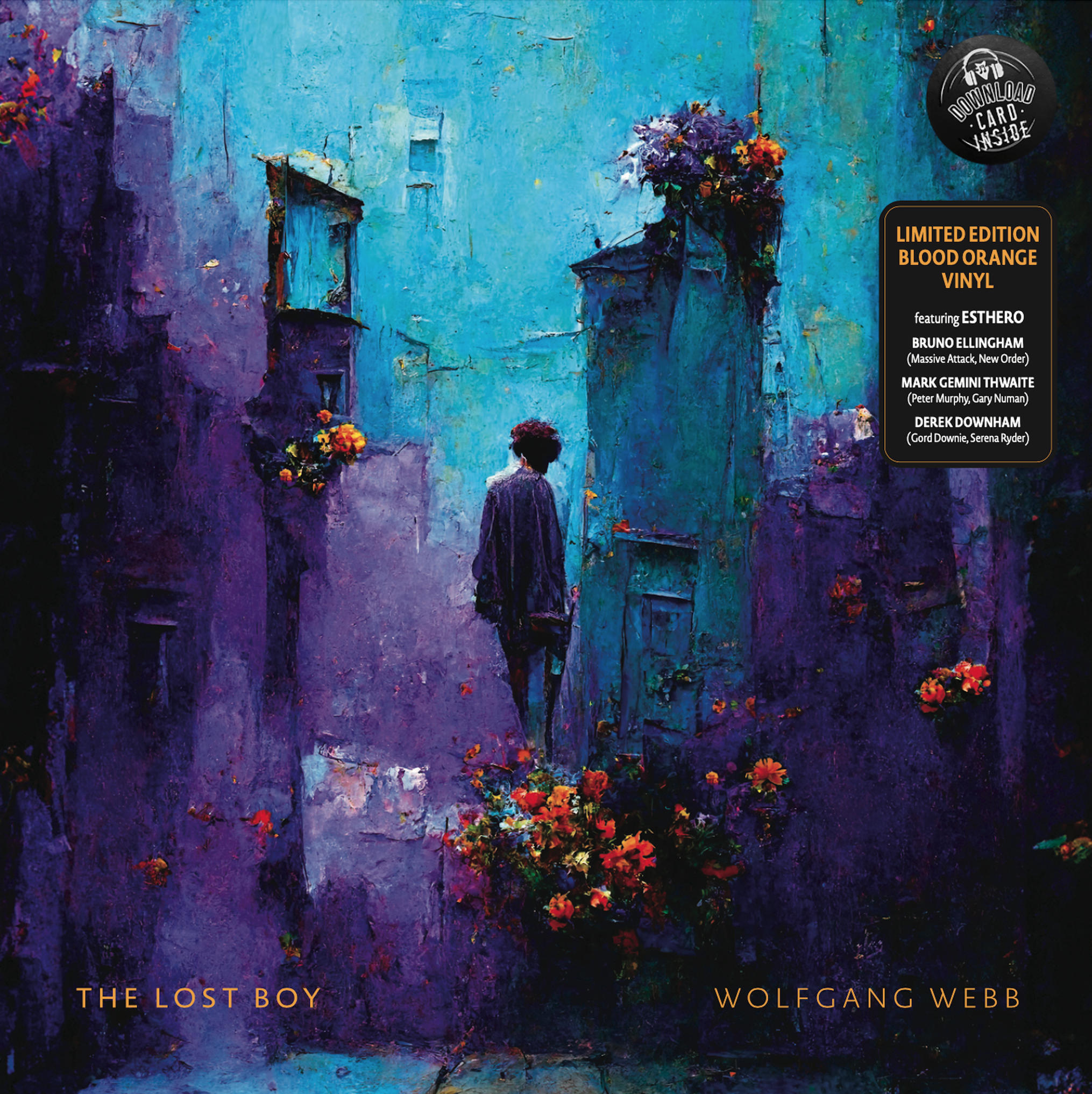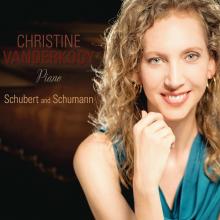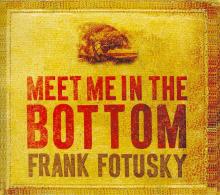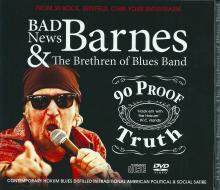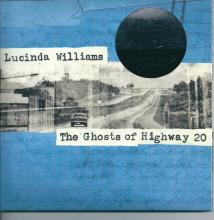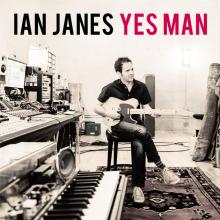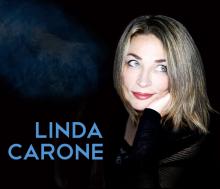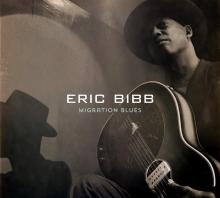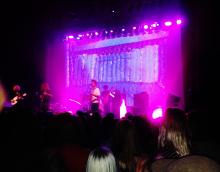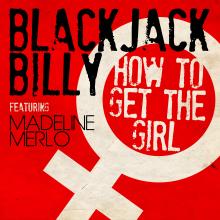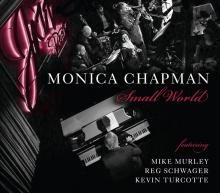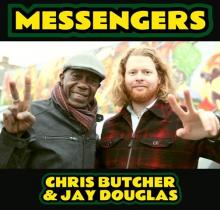Wolfgang Webb creates music during the hours when most of the world lies dormant, harnessing the quiet darkness that fuels his soul. The half-Austrian, Canadian artist—who stepped away from the music industry decades ago to craft anonymous compositions for film and television—has once again channeled his insomnia into art with his sophomore album, ‘The Lost Boy’, out now.
His debut, ‘The Insomniacs' Lullaby’, introduced listeners to his haunting sonic landscape—brooding compositions that confront mortality, loss, and the ghostly echoes of trauma. With this new record, Webb plunges even further into these emotional depths, though he insists that darkness is not the destination but merely the path. ‘The Lost Boy’ explores the fragile act of reconnecting with one’s inner child and navigating the shadows of relationships that leave indelible marks on the psyche. It’s music born from sleepless nights—an echo of midnight fears and silent reflections—that paradoxically offers solace, reminding us that we are not alone in our darkest hours.
‘The Lost Boy’ defies easy categorization within modern genre labels. Kraftwerk-inspired electronics blend seamlessly with trip-hop rhythms and classical instrumentation, creating atmospheres that feel both contemporary and timeless. The ten-track collection reflects a unique artistic vision shaped through recording sessions across France, Los Angeles, the UK, and Toronto. The result is a unified musical journey that rewards attentive listening, with each track serving as a crucial part of a broader narrative about confrontation, healing, and transformation.
The album’s lead single, "March," is a hypnotic duet featuring Esthero, whose celestial vocals weave a shimmering counterpoint to Webb’s earthbound delivery. Mixed by Bruno Ellingham—whose credits include Massive Attack, New Order, and Spiritualized—this track exemplifies Webb’s knack for collaboration, carefully selecting artists whose textures enrich his cinematic soundscape. The accompanying video, shot across three countries, weaves ancient ruins and electric towers into what Webb calls “a tapestry of decayed beauty”—visual metaphors that deepen the song’s meditation on impermanence.
The second single, "The Ride," continues this cinematic journey, showcasing Ellingham’s mastery of atmosphere with vintage ARP synthesizers reminiscent of Brian Eno’s ’70s innovations, fused with a contemporary edge. The visuals explore abandoned spaces—silent theaters and deserted amusement parks—where nature gradually reclaims what was once human territory. This haunting meditation on endurance and decay complements Webb’s lyrical reflection: "What do you say when all is gone, the history won't play along..."
Webb has gathered an impressive roster of collaborators for this project. Mark Gemini Thwaite—renowned for his work with Peter Murphy and Gary Numan—contributes guitar textures that subtly echo the atmospheric depths of The Cure, especially on "Is It OK To Fall?" Toronto multi-instrumentalist Derek Downham brings earthy, desolate guitar tones to "Rough Road To Climb" and "It All Goes Away."
Following that, "Clap" unfolds as an ethereal, moody lullaby—like a whispered nursery rhyme from a dreamscape of forgotten wonder—soothing and delicate, offering a fragile thread of hope and gentle companionship amid the shadows. Meanwhile, return collaborator and cellist Yann Marc’s haunting improvisations on "Roads" form the emotional core of Webb’s tribute to a friend lost to suicide.
What truly sets ‘The Lost Boy’ apart is Webb’s refusal to linger in despair. His compositions acknowledge pain but refuse to be defined by it, offering glimpses of light that feel genuine rather than manufactured. These songs trace the arduous path toward healing, suggesting that facing our darkest thoughts can be more freeing than suppressing them. The music doesn’t offer easy solutions but provides companionship through its complexity—a soundtrack for those navigating life’s most intense emotional depths.
Webb’s unconventional songwriting process—where many tracks emerge fully formed in spontaneous bursts of inspiration—imbues these compositions with an authenticity that’s hard to fake. They feel less like meticulously crafted pop songs and more like raw emotional states captured in their purest form, later refined through production without losing their essential truth. This spontaneous approach creates music that resonates on a visceral level, bypassing intellect to speak directly to the listener’s emotional core.
wolfgangwebb.com/
facebook.com/profile.php?id=61551695975840
instagram.com/wolfgangwebb/?hl=en



